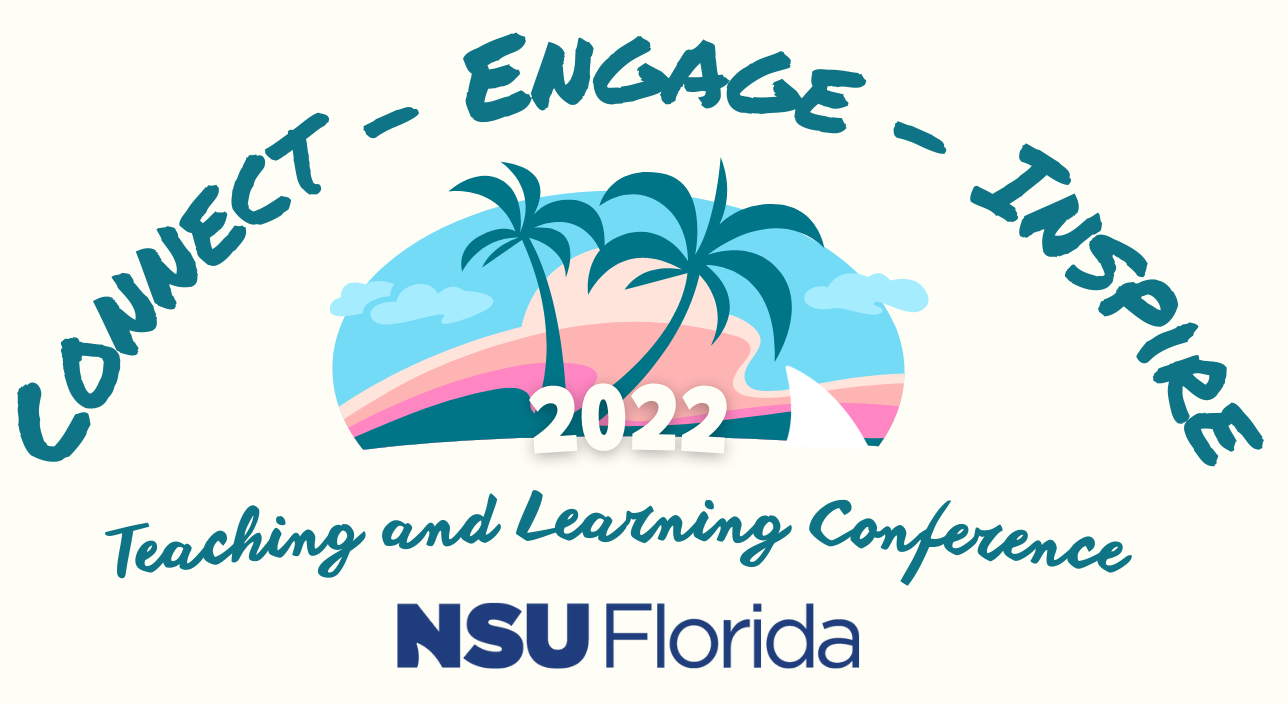Start Date
3-11-2022 9:35 AM
End Date
3-11-2022 10:20 AM
Keywords
Active Learning Strategies, Student Engagement Strategies
Abstract
Transitioning from undergraduate to graduate school requires a shift in learning strategies. Studies show that undergraduate students tend to use strategies successful for short-term learning to pass exams and earn good grades; however, these strategies do not result in the long-term retention required at the graduate level. When students enter graduate programs and continue to use strategies that were successful in their undergraduate studies, they often find themselves failing exams, not retaining information for future units of a course or for future courses of a program, and unfortunately failing courses or failing out of a program entirely. This session will discuss the pilot implementation of a short curriculum of workshops designed to educate first-year graduate students on evidence-based learning strategies for success in graduate school. The content and learning activities from the workshops will be discussed as well as outcomes and lessons learned for future delivery of the workshops.
In this session, I will:
- Highlight the need for teaching students about evidence-based learning strategies.
- Educate participants on evidence-based learning strategies.
- Discuss a pilot program for assisting the transition of students into graduate level learning.
- Share outcomes from the pilot program to inspire ideas for educating students about effective learning strategies.
Learning Outcomes:
- Recognize the need for instructing students in evidence-based learning strategies.
- Contrast ineffective learning strategies with evidence-based learning strategies.
- Describe the role of metacognition in learning strategies.
- Justify expected study time for students by using the Carnegie seat time formula. formulate ideas about how to engage their students with effective learning strategies.
Included in
Transitional Learning: Fostering Successful Learning Strategies in First-Year Graduate Students
Room 1: Innovative Teaching & Learning Strategies
Transitioning from undergraduate to graduate school requires a shift in learning strategies. Studies show that undergraduate students tend to use strategies successful for short-term learning to pass exams and earn good grades; however, these strategies do not result in the long-term retention required at the graduate level. When students enter graduate programs and continue to use strategies that were successful in their undergraduate studies, they often find themselves failing exams, not retaining information for future units of a course or for future courses of a program, and unfortunately failing courses or failing out of a program entirely. This session will discuss the pilot implementation of a short curriculum of workshops designed to educate first-year graduate students on evidence-based learning strategies for success in graduate school. The content and learning activities from the workshops will be discussed as well as outcomes and lessons learned for future delivery of the workshops.
In this session, I will:
- Highlight the need for teaching students about evidence-based learning strategies.
- Educate participants on evidence-based learning strategies.
- Discuss a pilot program for assisting the transition of students into graduate level learning.
- Share outcomes from the pilot program to inspire ideas for educating students about effective learning strategies.
Learning Outcomes:
- Recognize the need for instructing students in evidence-based learning strategies.
- Contrast ineffective learning strategies with evidence-based learning strategies.
- Describe the role of metacognition in learning strategies.
- Justify expected study time for students by using the Carnegie seat time formula. formulate ideas about how to engage their students with effective learning strategies.


